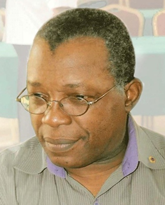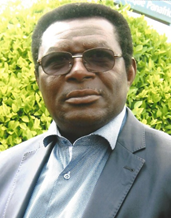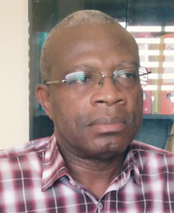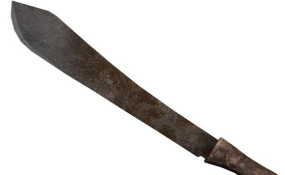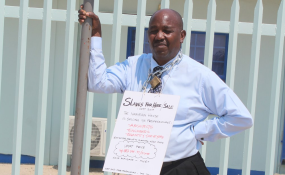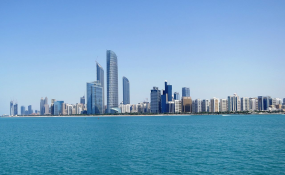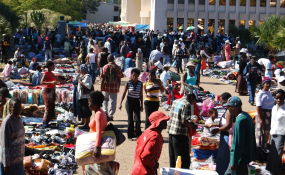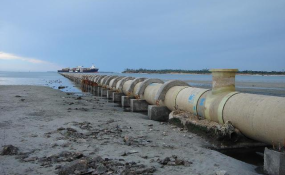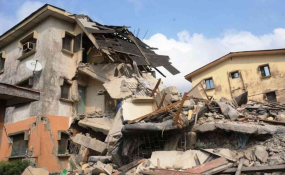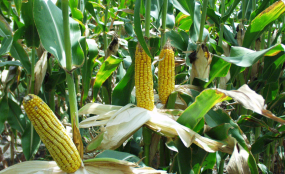The JSE listing of SA billionaire Patrice Motsepe’s African Rainbow Capital Investments (ARC Investments) reflects the progress of transformation in the financial services sector, a JSE spokesperson said on Thursday.
ARC Investments made its debut on the South African bourse at 09:00 on Thursday, with the share opening trade at R8.68.
Speaking on the significance of the listing, director of capital markets at the JSE Donna Nemer said creative ways such as this are needed to enable economic transformation. “We need to find creative ways to accelerate economic transformation.
“Using capital markets to do that is the best you could hope for. That allows direct membership of individuals with assets that can be invested towards transformation.”
In his address, Motsepe said this listing comes after a 17-year journey. “I put aside R200m about 15 years ago. It was part of a strategy to diversify and get into financial services,” he explained.
At the time Sanlam CEO Johan van Zyl and Motsepe decided to work together to help build investment and equity in Sanlam, which was going through a difficult time, as well as a “world class” financial services company. “We had to compete not just against the best in South Africa, but against the best in the world.”
Motsepe also expressed his gratitude to the board which helped make the listing possible. “Black and white South Africans can work together, not just to build world class companies but also to create jobs and express our confidence in the economy.
“Despite our political challenges, this country has got the most wonderful people, the most caring, entrepreneurial, hardworking people. That gives us confidence.”
ARC Investments is a capital raising and investment entity incorporated in Mauritius. Investors will have the opportunity to invest in a permanently broad-based black controlled company with a diversified portfolio of investments.
African Rainbow Capital Proprietary Limited (ARC) will remain the majority shareholder of ARC Investments. Shareholders will invest alongside ARC in the initial portfolio, which is made up of 16 investments in the financial services sector and 17 non-financial services investments.
Financial services include interests in Alexander Forbes Limited, Alexander Forbes Group Limited, Indwe Broker Holdings, Senayo Securities and Santam. The portfolio includes investments in agriculture and food production, building and construction, energy, information technology and communications, investment holding companies and real estate businesses. Investments in telecommunications are most significant.
ARM results
Motsepe’s African Rainbow Minerals annual results for the year ended June 30 were also released on Thursday. Headline earnings increased 204% to R3.19bn, with headline earnings per share at 1684c compared to the 494c reported previously.
ARM declared its highest dividend to date at 650c per share, up 189%.
Source: Fin24



